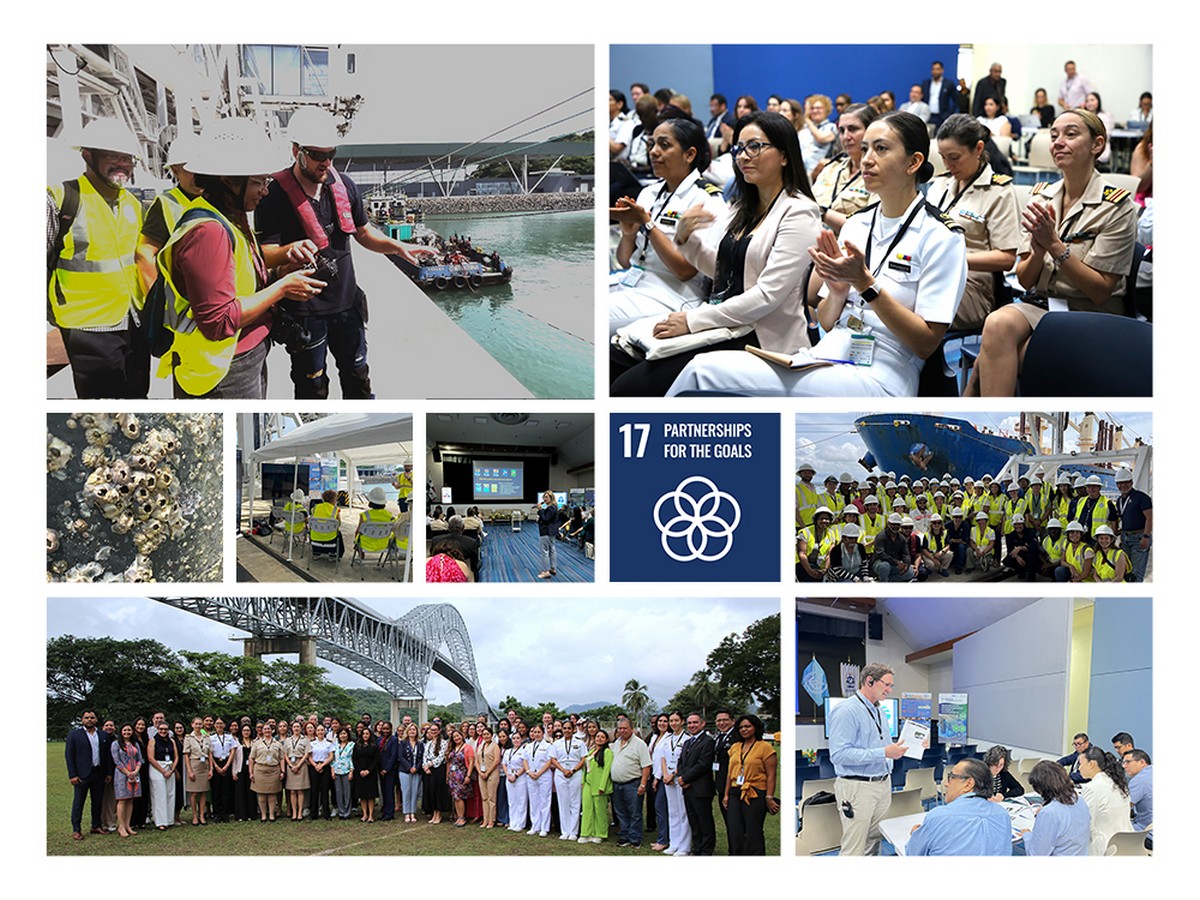Maritime Technology
Panama Hosts Biofouling Management Training to Combat Invasive Aquatic Species

Panama hosted a series of events from July 8 to 12, focusing on biofouling management for specialists from Latin America and the Caribbean region. The events aimed to address the transfer of invasive aquatic species (IAS) via ships’ hulls and ballast water, a major threat to freshwater, coastal, and marine ecosystems globally. Additionally, the program sought to close the gender gap in the biofouling field by empowering women in maritime.
The program featured a specialized training course on biofouling risk assessment and inspection methodologies. This course provided attendees with essential skills for managing biofouling, equipping them to better protect marine environments.
During a visit to the Port of Balboa, approximately 100 participants observed in-water cleaning technology in action. This hands-on experience helped them understand the complexities involved in biofouling management. HullWiper Ltd., a member of the Global Industry Alliance for Marine Biodiversity, demonstrated its technology, showcasing how adjustable high-pressure seawater jets can effectively remove hull fouling.
A special workshop for Latin American and Caribbean Women in Maritime offered networking opportunities and professional development. Co-financed by the Kingdom of Saudi Arabia, this workshop aimed to empower women in the maritime industry and promote a diverse, skilled workforce.
The training series was organized by the IMO GloFouling Partnerships Project and TEST Biofouling project, and hosted by the International Maritime University of Panama. It was conducted in collaboration with Maritime Technology Cooperation Centres (MTCCs) of Latin America and the Caribbean.





